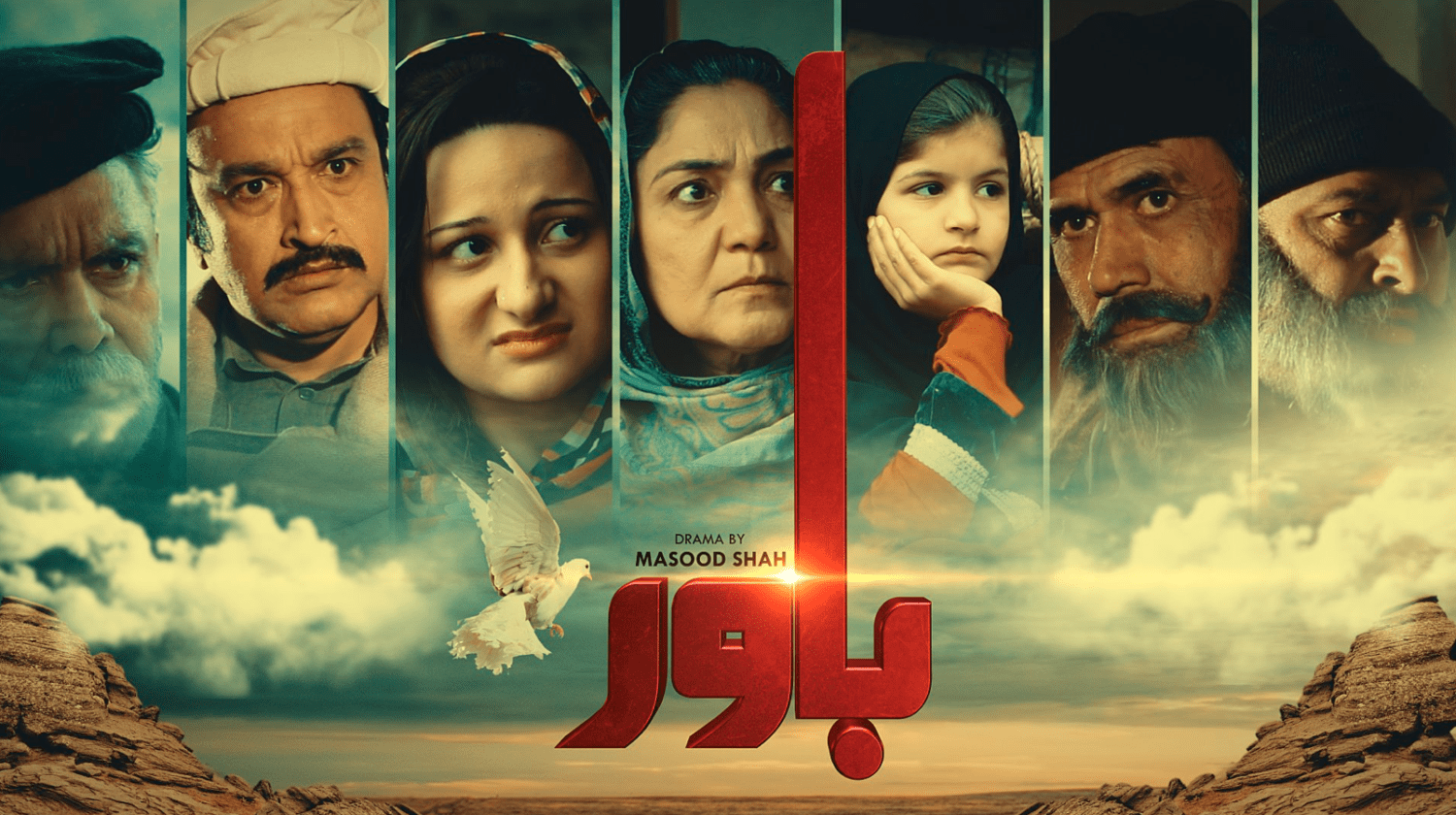

Bawar: A film about courageous Pakistani women fighting for their education
Produced by EAI in Pakistan, "Bawar" (Trust) tells the powerful story of young women, Paghunda and college student, Palwasha, who fight against blatant inequity and the prejudice of their families patriarchs for their right to education.
A Project of —
Pakistan, Global Peace and Security Fund

“Education is my life. If you want to take it, then it’s better to kill me. Kill Me!” This is what Paghunda, one of two female leads, says to her overbearing father in the dramatic Bollywood style, Bawar film. The film shows the real-life struggles of two rural young women fighting for their futures. While this is a line in a movie, its strong message resonates with every Pakistani woman and girl who live with the inequality that permeates the patriarchal society.
In 2016, as part of the Advancing Gender Equality and Empowering Women and Girls in Pakistan project supported by the Global Peace and Security Fund (GPSF), EAI produced and broadcast Bawar, an original 60-minute film meant to instigate a change in attitudes and behaviors associated with girls’ and women’s rights. The film aired on several national television stations and received extensive positive feedback, particularly from viewers in the Federally Administered Tribal Areas (FATA) and KP province.
According to recent UNICEF data, less than 30 percent of young women attend secondary school in Pakistan and, outside of cities, this percentage is even lower. In Balochistan province, 64 percent of the female population has never attended school. In rural areas, Pakistani women are discouraged from attending school and, in more conservative families, they are expected to stay at home and take care of the house.
The film’s title Bawar (Trust) calls attention to the lack of trust many Pakistani men have for women. Men who, due to legislation and cultural norms, keep women housebound, illiterate, and unable to make their own choices.
“I feel good knowing that I have treated my two daughters equal to my two sons by supporting them to acquire higher education at the university level. I am hoping that the message in this telefilm will land with Pashtun communities.” said Sardar Hussain, Assistant Vice President Agriculture Bank/Senior Advocate of the Peshawar High Court.
Viewers EAI to expand the reach of the film. “These kinds of telefilms can produce a great impact in people’s minds and convince them to contribute to girls’ education and women’s empowerment,” said Hina Mushtaq Mansehra. “It would be better if this telefilm were more widely distributed in rural areas to develop a narrative in favor of girls’ education and its importance.”
Partner with Us
To make powerful narrative films that bring to life critical social issues.